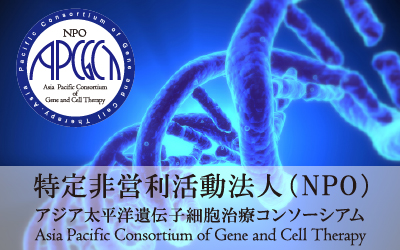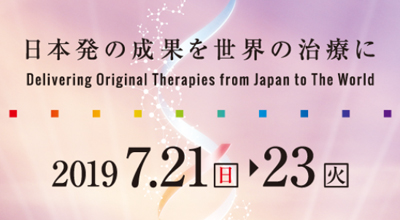2006年3月9日、GTCbioによってアメリカ・サンディエゴで開催されたAngiogenesis research & Theraputicsのポスターセッションにて、強い血管新生阻害活性を有するサメ抽出脂質のメカニズムと臨床への応用についての発表がありました。
血管新生阻害活性を有するサメ抽出脂質のメカニズムと臨床への応用
An Ethanolic extract from a shark having potent anti-angiogenic activity: its anti-angiogenic mechanism and clinical application
An ethanol extract from shark muscle has been shown to have potent angiogenic activity when mixed together with olive oil in a ratio of 1part extract to 9 parts olive oil. This mixture has been given the trade name SuperMaco (SMO).
The anti-angiogenic activity was evident in both in vitro and in vivo studies in rats. When combined with the known angiogenic stimulatory growth factors Vascular Endothelial Growth Factor (VEGF), Platelet Derived Growth Factor (PDGF), Transforming Growth Factor-Beta ( TGF-β) and Fibroblast Growth Factor -2 (FGF-2), SMO completely eliminated the stimulation induced by these growth factors. Possible mechanisms for this activity are that SMO is competing for receptor sites on the endothelial cell surface by preferential binding to those sites or by binding to the growth factors themselves. Studies were conducted using soluble forms of VEGF-R1 and VEGF-R2 and it was found that SMO inhibited complex formation of the VEGF with both receptors. This inhibitory effect by SMO was enhanced when SMO was pre-incubated with VEGF receptors.
In another study, the effect of SMO on VEGF receptor phosphorylation using human umbilical vein endothelial cells (HUVEC) and a human breast carcinoma cell line (MDA-MB-231) was investigated. The in vitro cell proliferation assay indicated that SMO reversed the increase in VEGF promoted cell proliferation in both HUVEC and MDA-MB-231 cells. Using Western Blot analysis it was observed that SMO significantly inhibited VEGF promoted VEGF receptor-1 , VEGF receptor-2 and tyrosine phosphorylation in HUVEC and MDA-MB-231 cells in a dose related manner. These results suggest that SMO appears to block the binding of VEGF with the receptors and inhibit the signal transduction pathways.
 全文ダウンロードはこちらから
全文ダウンロードはこちらから
-
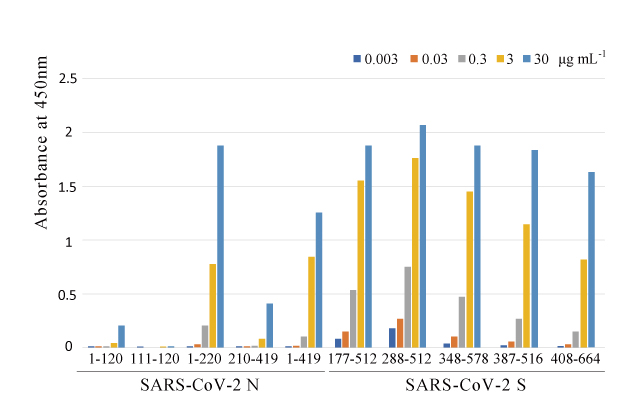 ニュージーランド産IgG含有ウシ生乳由来乳清タンパクに存在する新型コロナウイルスSARS-CoV-2スパイクタンパク抗体
ニュージーランド産IgG含有ウシ生乳由来乳清タンパクに存在する新型コロナウイルスSARS-CoV-2スパイクタンパク抗体
-
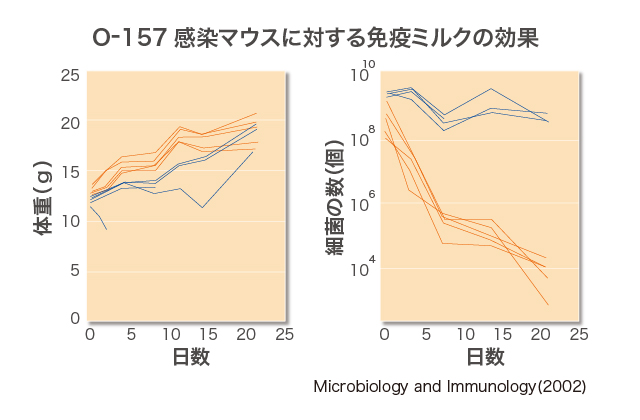 100%生乳由来濃縮乳清たんぱくの感染症予防に対する効果
100%生乳由来濃縮乳清たんぱくの感染症予防に対する効果
-
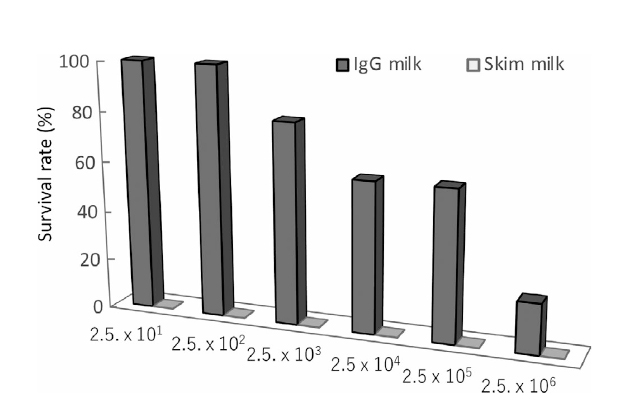 Enriched bovine IgG fraction prevents infections with Enterohaemorrhagic Escherichia coli O157:H7, Salmonella enterica serovar Enteritidis, and Mycobacterium avium
Enriched bovine IgG fraction prevents infections with Enterohaemorrhagic Escherichia coli O157:H7, Salmonella enterica serovar Enteritidis, and Mycobacterium avium
-
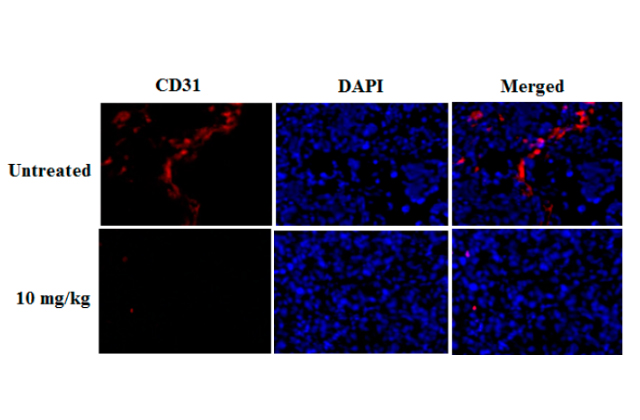 ノコギリヤシ色素の肝細胞がんへの補助療法の可能性
ノコギリヤシ色素の肝細胞がんへの補助療法の可能性
-
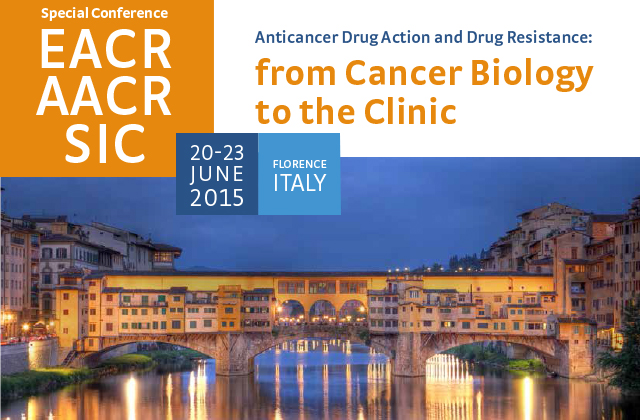 ノコギリヤシ色素の血管新生抑制効果
ノコギリヤシ色素の血管新生抑制効果
-
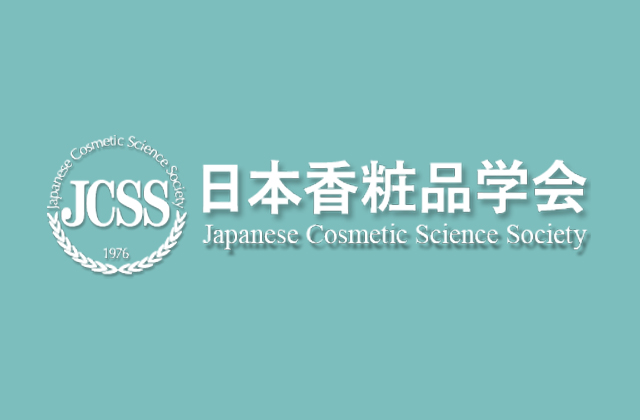 マイタケ抽出脂質「グリピン」のヒアルロン酸産生促進効果
マイタケ抽出脂質「グリピン」のヒアルロン酸産生促進効果
-
 第22回インターフェックスジャパン
第22回インターフェックスジャパン
-
 マイタケ抽出脂質「グリピン」による乾燥肌の改善効果
マイタケ抽出脂質「グリピン」による乾燥肌の改善効果
-
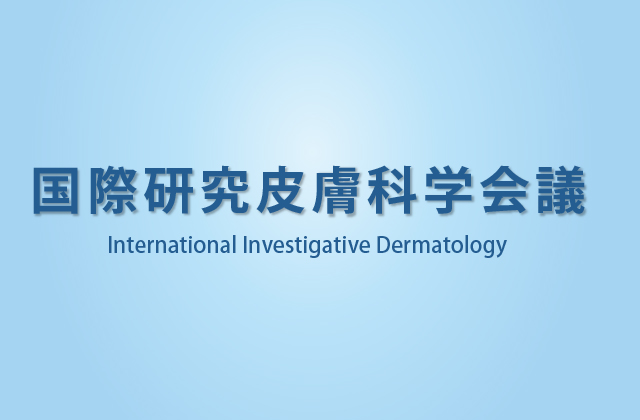 第5回 国際研究皮膚科学学会
第5回 国際研究皮膚科学学会
-
 コスモプロフ アジア2007
コスモプロフ アジア2007
-
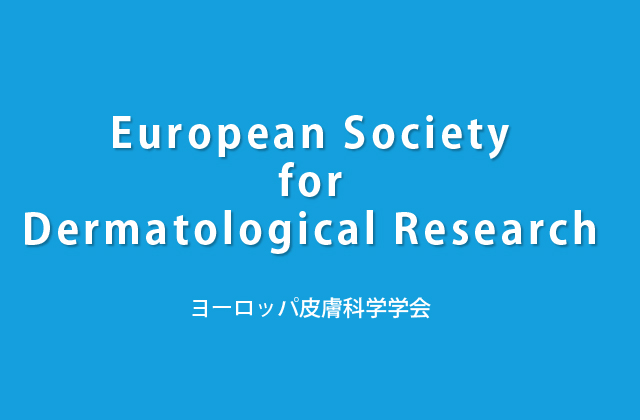 マイタケ抽出物の皮脂産生促進作用および乾皮症に対する臨床効果
マイタケ抽出物の皮脂産生促進作用および乾皮症に対する臨床効果
-
 マイタケエタノール抽出エキスによる皮脂産生促進作用
マイタケエタノール抽出エキスによる皮脂産生促進作用
-
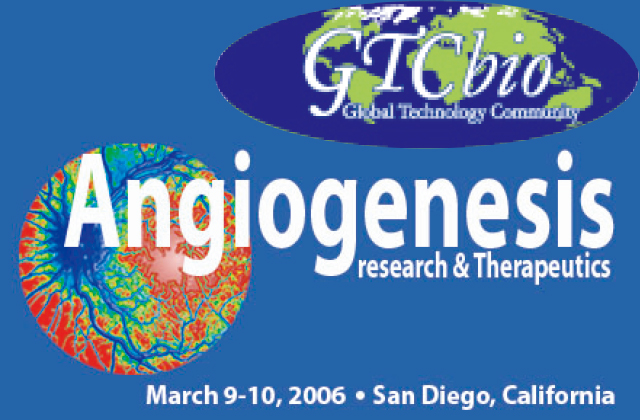 血管新生阻害活性を有するサメ抽出脂質のメカニズムと臨床への応用
血管新生阻害活性を有するサメ抽出脂質のメカニズムと臨床への応用
-
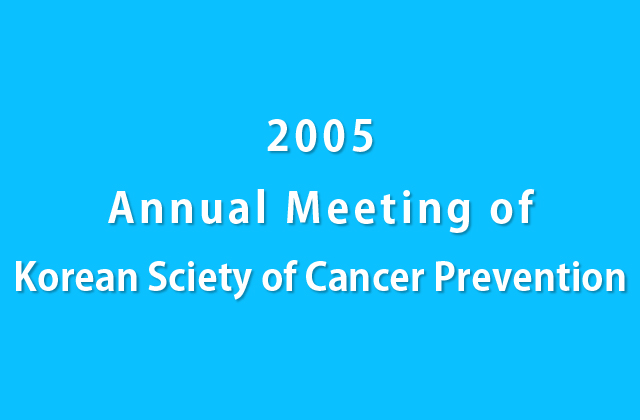 サメ抽出脂質による悪性疾患治療およびがん増殖や転移の抑制報告
サメ抽出脂質による悪性疾患治療およびがん増殖や転移の抑制報告
-
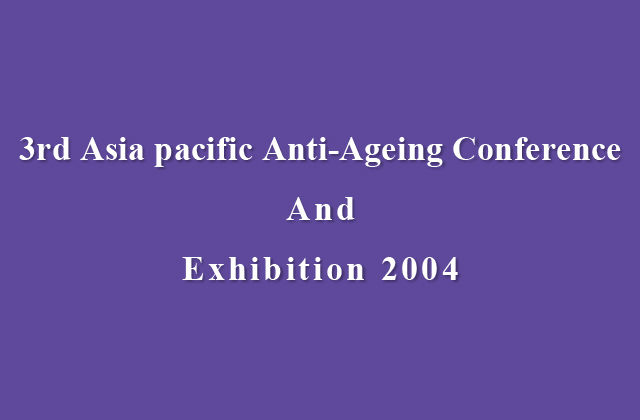 サメ抽出脂質の血管新生抑制に関する報告
サメ抽出脂質の血管新生抑制に関する報告
-
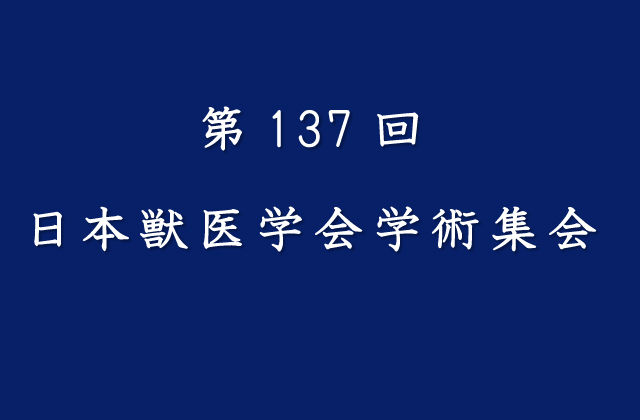 サメ抽出脂質の抗腫瘍効果
サメ抽出脂質の抗腫瘍効果
-
2021年5月25日ニュージーランド産IgG含有ウシ生乳由来乳清タンパクに存在する新型コロナウイルスSARS-CoV-2スパイクタンパク抗体
-
2019年6月1日初乳と同等の効果を持つ生乳由来IgG含有濃縮乳清タンパク「IgG25+免疫ミルク」は、本邦初の原料として高い評価を得ています。
-
2019年5月10日Enriched bovine IgG fraction prevents infections with Enterohaemorrhagic Escherichia coli O157:H7, Salmonella enterica serovar Enteritidis, and Mycobacterium avium
-
2016年8月5日中山大学、弊社ハイマート、香港大学の共同研究により、ノコギリヤシ色素の肝細胞がんへの補助療法の可能性が発表されました。
-
2015年7月3日弊社ハイマートと香港大学が、EACR 2015にてノコギリヤシ色素由来成分の血管新生抑制効果を発表しました。
-
2009年9月6日ハイマートは、第34回日本香粧品学会で東京薬科大学とマイタケ抽出脂質「グリピン」のヒアルロン酸産生促進効果について研究データを報告しました。
-
2009年7月1日グリピンの皮膚における皮脂およびヒアルロン酸産生促進作用ついて報告がありました。
-
2008年6月5日ハイマートは、第33回日本香粧品学会で東京薬科大学とグリピンによる乾燥肌の改善効果について研究データを報告しました。
-
2008年5月14日第5回 国際研究皮膚科学学会(International Investigative Dermatology 2008)にて保湿成分「グリピン」の研究報告が行われました。
-
2007年11月14日ハイマートはコスモプロフ アジア2007に出展致しました。
-
2007年9月5日第37回ヨーロッパ皮膚科学学会(37th European Society for Dermatological Research (ESDR) Meeting)にて保湿成分「グリピン」の研究報告が行われました。
-
2007年6月7日第32回日本香粧品学会では、東京薬科大学伊東教授の研究グループと株式会社ハイマートによって、マイタケエタノール抽出エキスによる皮脂産生促進作用が報告されました。
-
2006年3月9日強い血管新生阻害活性を有するサメ抽出脂質のメカニズムと臨床への応用についての発表がありました。
-
2005年12月2日2005年度韓国がん予防学会年次総会にてサメ抽出脂質による悪性疾患治療およびがん増殖や転移の抑制について報告がありました。
-
2004年6月24日シンガポールで開催された第3回アジア太平洋アンチエイジング会議(3rd Asia pacific Anti-Ageing Conference)にて、サメ抽出脂質の血管新生抑制力が報告されました。

